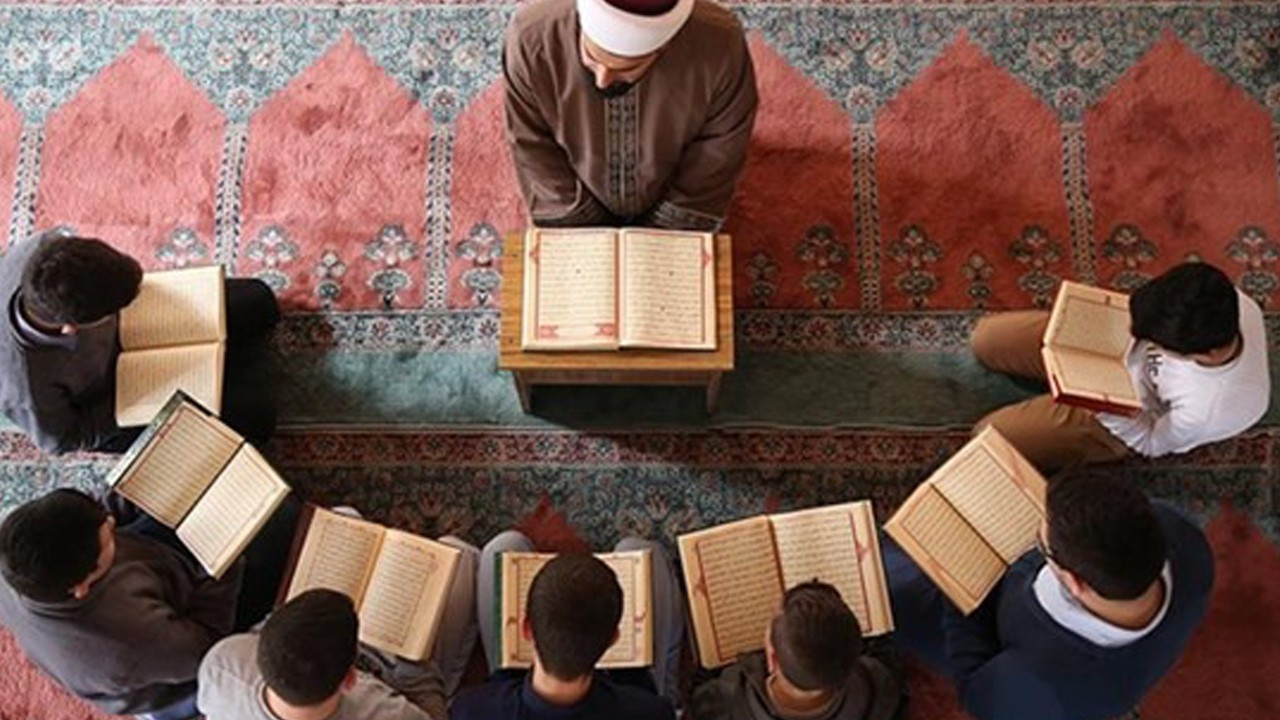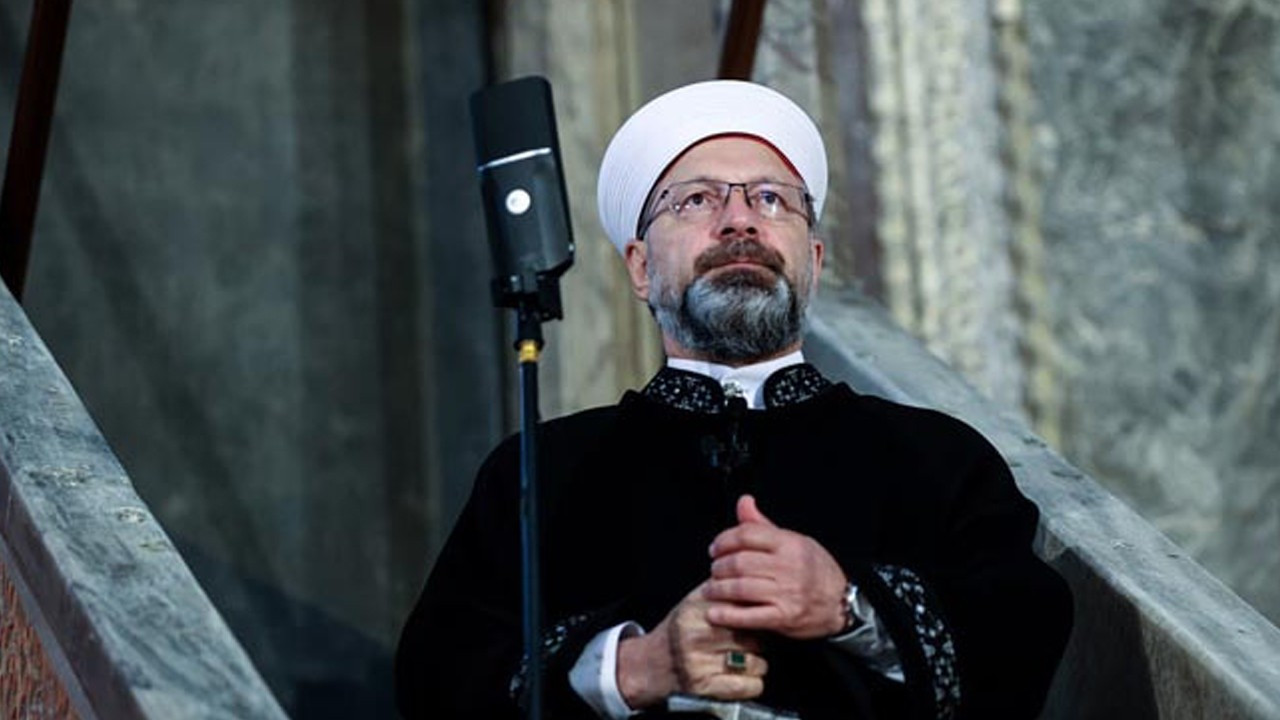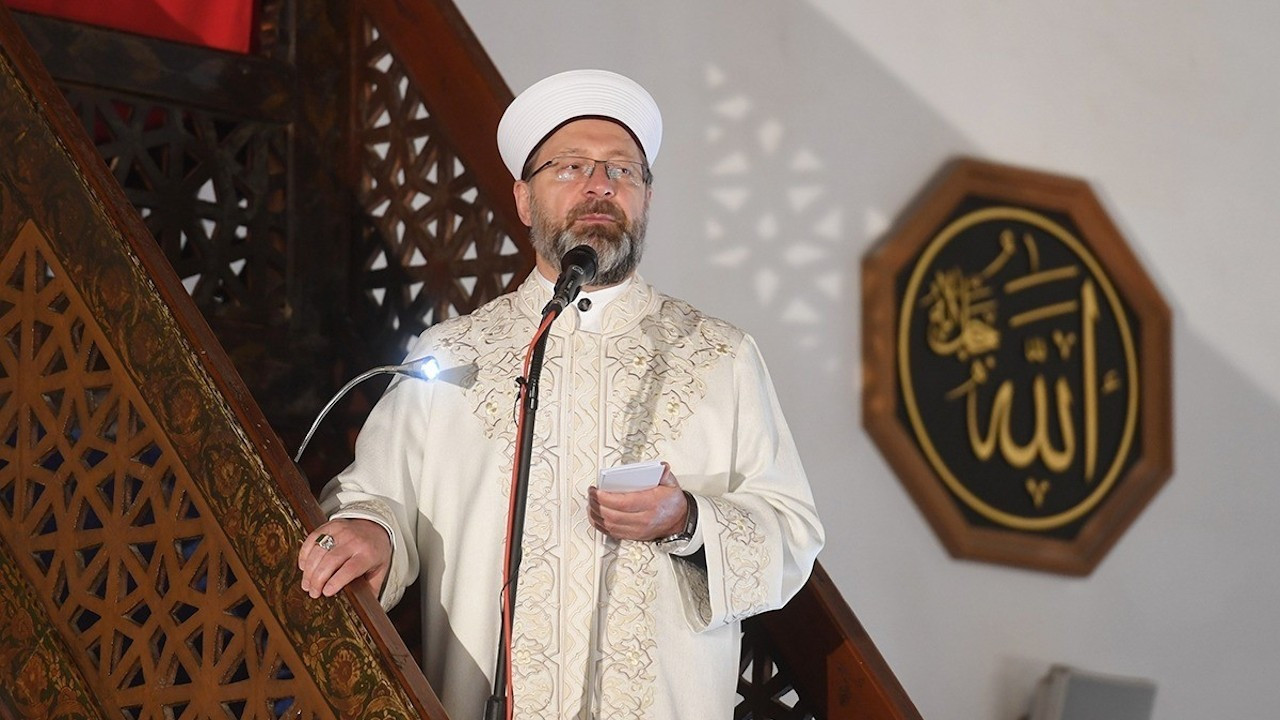New university job posting requires certification from Turkey’s religious authority Diyanet
A new job posting in the Theology faculty of Düzce University has required a certificate that can only be acquired from the Religious Affairs Directorate (Diyanet), daily Cumhuriyet reported on Sept. 17.
Duvar English
In recent weeks, Turkey’s Religious Affairs Directorate (Diyanet) has expanded its oversight into many different aspects of everyday life. Last week, the religious body released a book on social media behavior. President of the Directorate, Ali Erbaş, said on Sept. 8 that many forms of shellfish are halal. Earlier this week, the body requested a massively expanded budget to increase its outreach efforts.
And now, Diyanet has set its sights on the academy: in a new job posting within the Theology department of Düzce University in the Black Sea region of Turkey, applicants are required to submit a document from Diyanet certifying that they have memorized the Quran and earned the title “Hafiz.”
This is yet a marker of the growing power of the religious directorate in Turkey. As reported by Duvar earlier this week, Diyanet, with a proposed budget of over 16 billion Turkish lira, will be better funded than both the Interior Ministry and the Foreign Ministry in the fiscal year of 2022.
The Directorate is also expected to discuss this year adding compulsory Quranic education to pre-school curricula in state schools. Primary and secondary public schools have required religious education since 2014.
Historically, Turkish universities have remained independent from religious oversight, even in theology departments. However, the job listing at Düzce University for an Islamic Education professor marks a significant shift. By requiring that applicants have a “Hafiz” certification, as well as certifications in proper Quranic pronunciation and recitation, Düzce University is essentially requiring that applicants be approved by the state religious body - only Diyanet, which is closely aligned with the ruling Justice and Development Party (AKP), is able to give these certifications and courses.
Universities have been the target of government control and the site of dissent throughout Turkish history. Social conflicts have played out on campuses at many critical historical junctures; most recently, the appointment at Boğaziçi University of a pro-government rector sparked widespread protests that garnered national support across the political spectrum.
The job requirement at Düzce University may represent yet another way that the state religious body - and the state itself - will try to assert control over college campuses.

 Diyanet eyes adding Quran courses to mandatory pre-school educationDomestic
Diyanet eyes adding Quran courses to mandatory pre-school educationDomestic Controversial Diyanet head re-assigned to his post for another 5 yearsDomestic
Controversial Diyanet head re-assigned to his post for another 5 yearsDomestic Turkish religious authority recommends Islamic jurisprudence to curb social media in new bookPolitics
Turkish religious authority recommends Islamic jurisprudence to curb social media in new bookPolitics Top religious body's budget to exceed that of seven Turkish ministriesPolitics
Top religious body's budget to exceed that of seven Turkish ministriesPolitics Eating certain seafood is haram, Turkey's top religious body says in fatwaCulture
Eating certain seafood is haram, Turkey's top religious body says in fatwaCulture